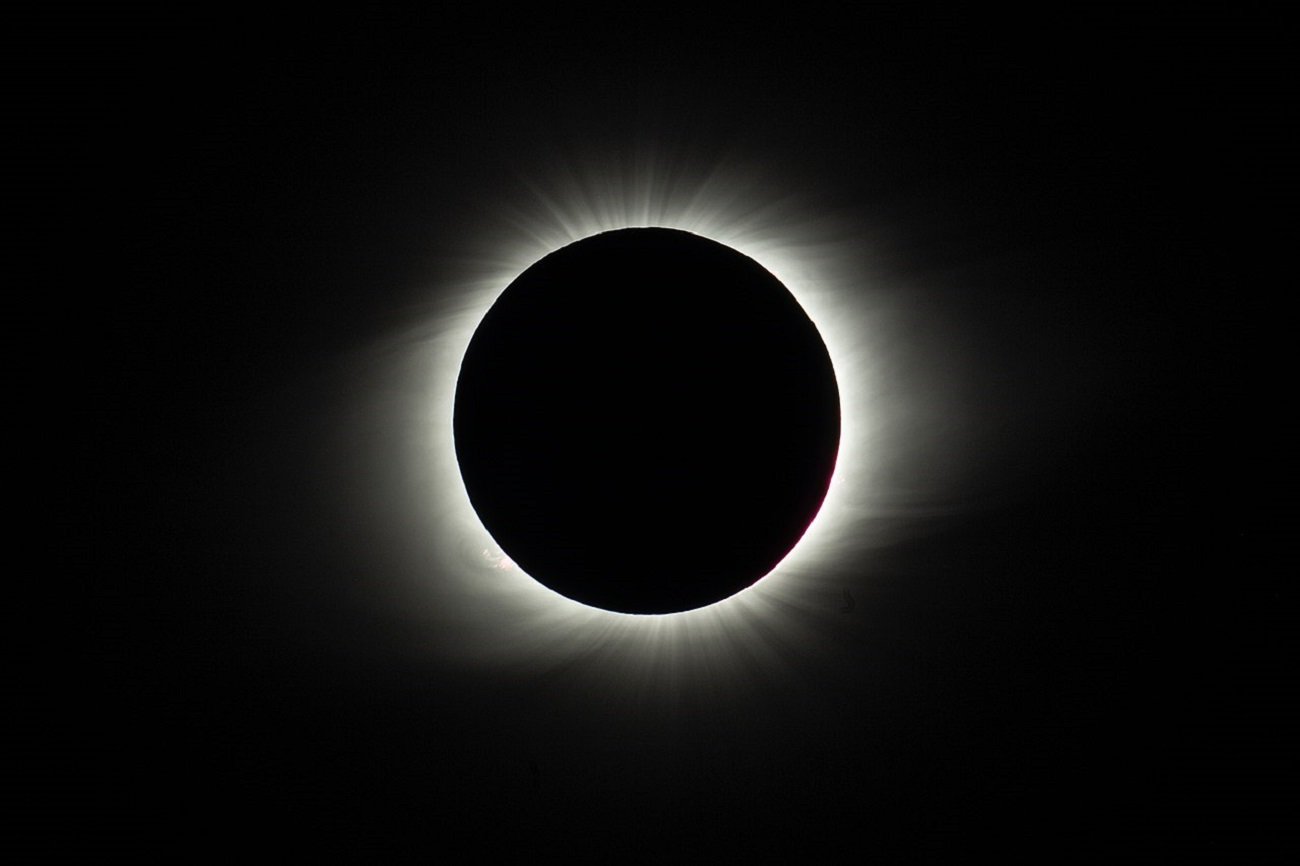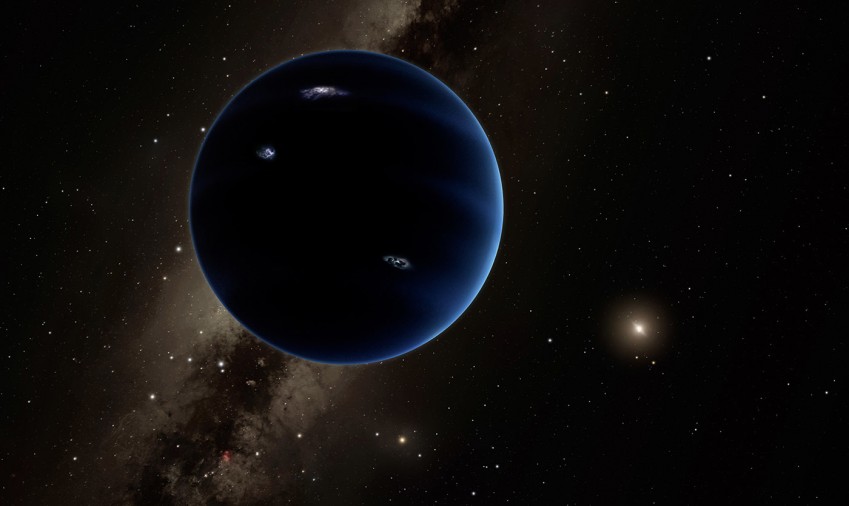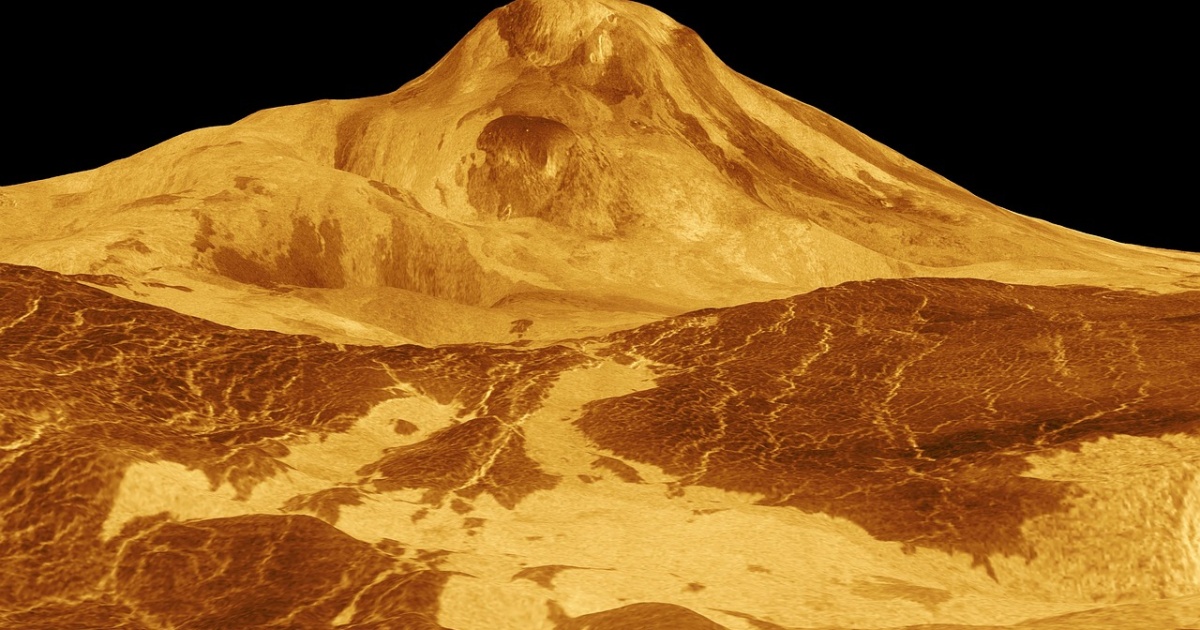The length of the day seems easy to determine. Twenty-four hours, or 86,400 seconds. But are you sure? The speed at which our planet rotates sometimes slows down and sometimes accelerates. From the fossil record, scientists concluded that 1.4 billion years ago, days were only 18 hours long, and 70 million years ago, they were half an hour shorter than they are today.
Read also: Space mirrors will fix solar panels at night, and this 26-year-old believes in it
Therefore, it can be estimated that the length of an Earth day changes every hundred years by about 1.8 milliseconds. There are also strange six-year oscillations. Days on Earth fluctuate in time by about 0.2 seconds every six years. Behind this phenomenon may be the moving axis of the Earth’s rotation, which recently led to record short days, among other things. Of course, these types of records are basically imperceptible from a human perspective and are calculated in milliseconds.
Factors responsible for this type of anomaly include processes occurring in the Earth’s core, the resistance of the atmosphere, and the expanding orbit of the Moon. Fluctuations in this range can be determined by delta-T measurement, which focuses on the difference between the Earth’s rotation period and the length of the day. This is useful, among other things, in the context of eclipse predictions and their observing locations. This possibility can also be used in reverse. Knowing the exact time and location of the solar eclipse, we can calculate the delta-t.
The rotation of the Earth is variable, which translates into differences in the length of the day
Under these conditions, scientists have used historical documents from China, Europe, and the Middle East to determine the Earth’s rotation thousands of years ago. We can read about the arrangements in this regard in the pages Publications of the Astronomical Society of the Pacific. The research was conducted by Hisashi Hayakawa of Nagoya University, Koji Murata of the University of Tsukuba and Mitsuru Soma of the National Astronomical Observatory of Japan.
Their conclusions are important, if only because there are no records of solar eclipses from the fourth to seventh centuries. Often, these documents did not include details relevant to contemporary research, although researchers were eventually able to identify five solar eclipses that had not been analyzed before. Team members determined the exact times and locations of five of these total eclipses in the eastern Mediterranean. They occurred in 346, 418, 484, 601 and 693, respectively.
Among the surprises that appeared in the notes, it is certainly worth noting the eclipse of July 19, 418. It was written by the historian Philostorgius, who described how Emperor Theodosius II witnessed a total eclipse of our star. Scholars assert that this phenomenon was observed from Constantinople, while earlier delta-T values rejected this possibility. And while the changes may seem cosmetic, they have a major impact on how we understand the fluctuations of Earth’s rotation over hundreds and thousands of years. This should have implications for studying other geophysical phenomena such as modeling the planet’s interior changes and long-term changes in sea level.

Echo Richards embodies a personality that is a delightful contradiction: a humble musicaholic who never brags about her expansive knowledge of both classic and contemporary tunes. Infuriatingly modest, one would never know from a mere conversation how deeply entrenched she is in the world of music. This passion seamlessly translates into her problem-solving skills, with Echo often drawing inspiration from melodies and rhythms. A voracious reader, she dives deep into literature, using stories to influence her own hardcore writing. Her spirited advocacy for alcohol isn’t about mere indulgence, but about celebrating life’s poignant moments.







